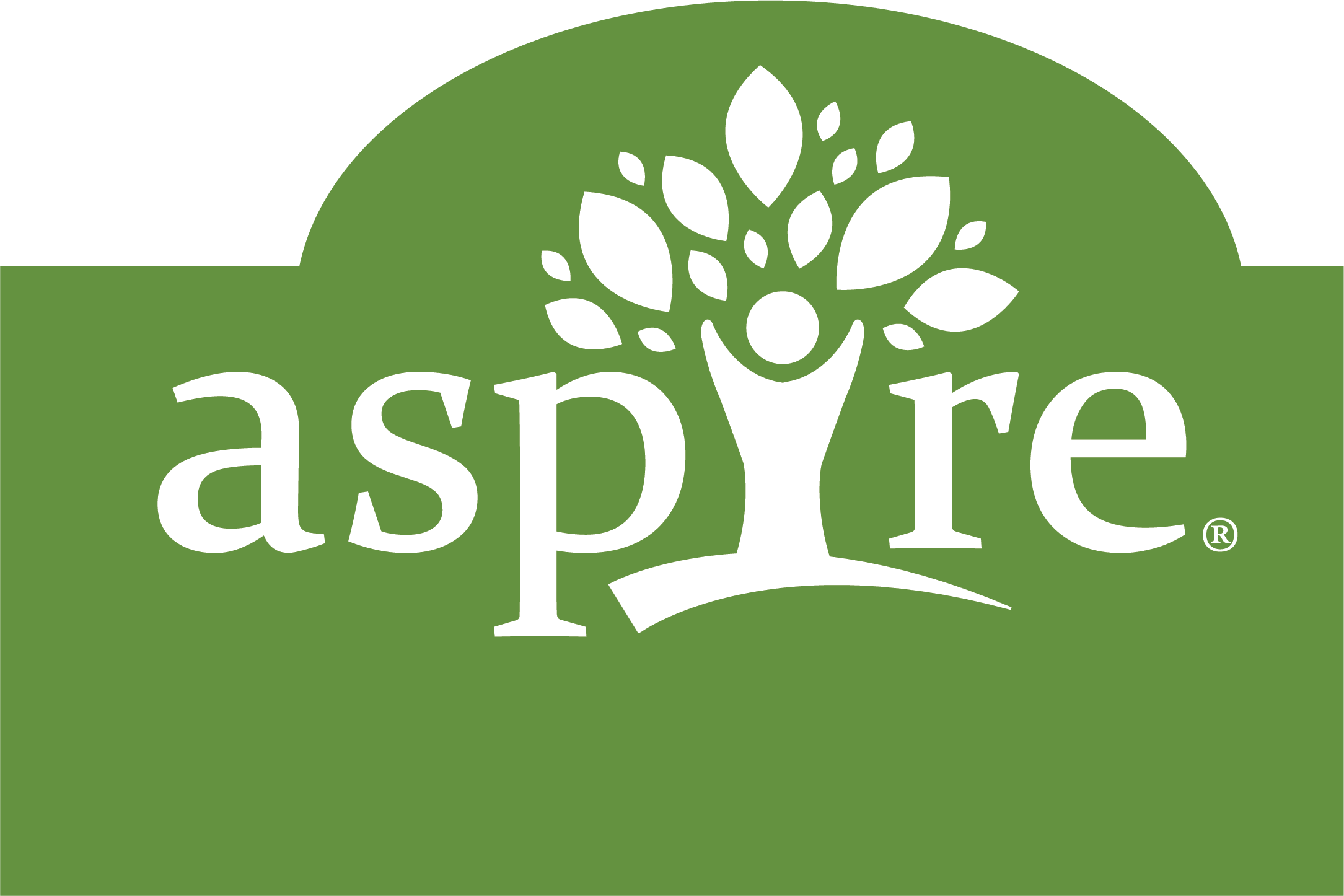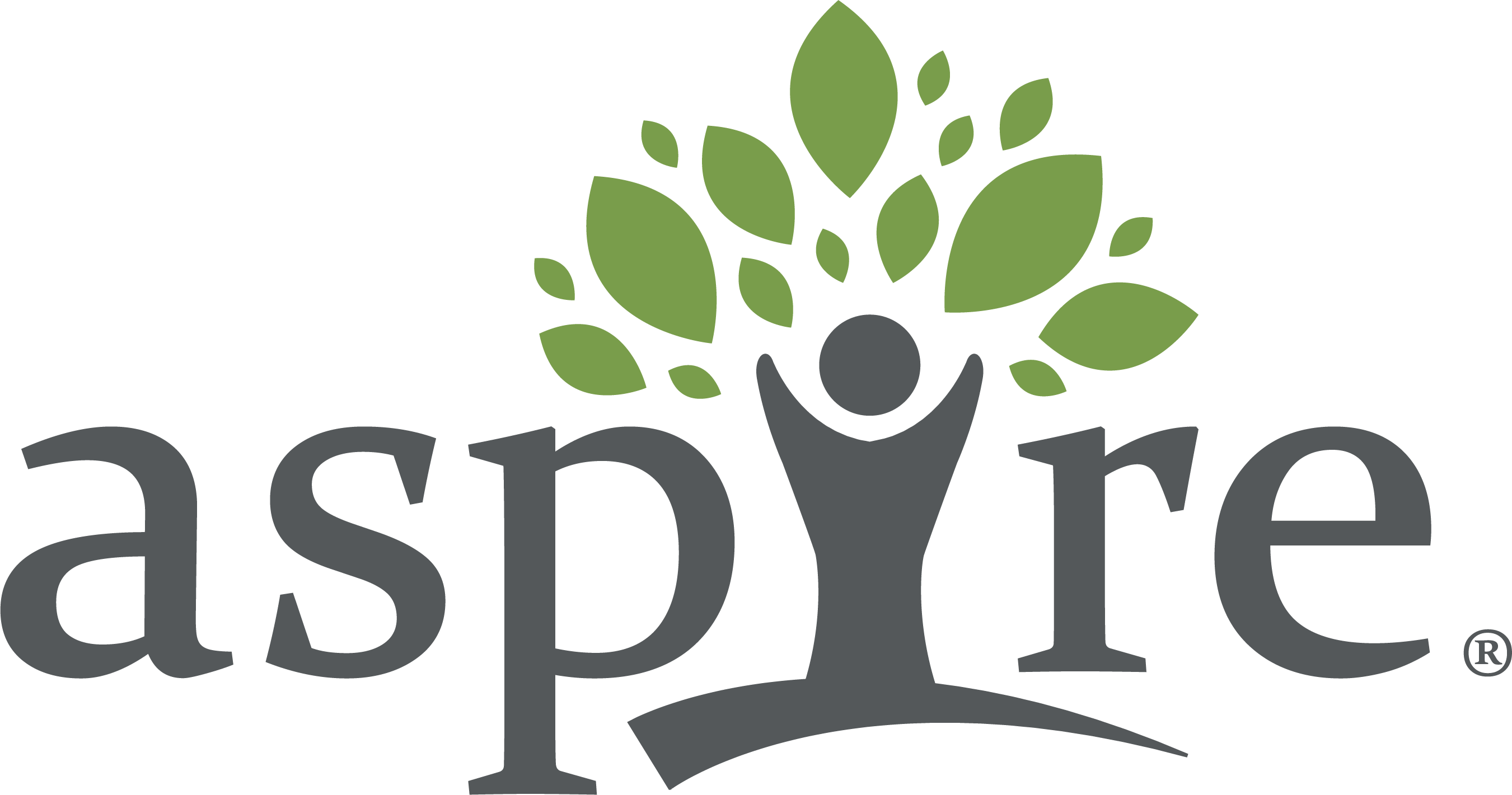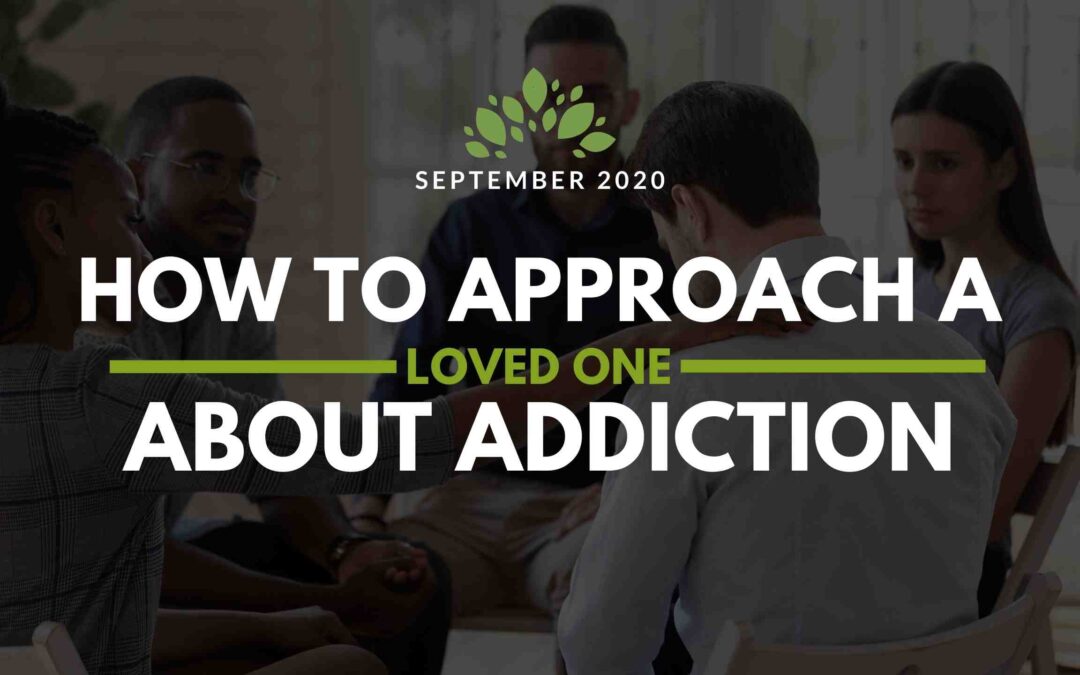When someone is suffering from alcohol or drug addiction, it can affect everyone they know. There can be emotional, psychological, financial, and environmental impact on the people who care about them the most. If you have a loved one who may be suffering from addiction, then there are steps you can take to help that individual get the assistance they may need.
The first thing you need to do is educate yourself about addiction, especially the form of addiction your loved one is struggling with. Addiction to one substance may need to be addressed differently than addiction to other substances. Make sure that you educate yourself through reliable sources, such as government or university-based research and educational web sites. You do not want to take information from sources that may not be fact-based or realistic. Educating yourself about the addiction your loved one is facing can help you understand the various characteristics, what to expect from them, and how to address the situation.
Find a support group that caters to family members, such as Al-Anon which offers a structured program for dealing with addicts. You can share with people in similar situations and gain a better understanding of recovery expectations. Group sessions can also help you to deal with any personal emotions you may be experiencing because of your relationship with an addict. You may also want to seek out a personal or family counselor to speak with to help you deal with any stress regarding your relationship with an addict.
Educate yourself about the local rehabilitation centers and detox clinics available for addicts. Determine the best options for your loved one. Many addicts also suffer from mental health conditions, including undiagnosed conditions. That typically contributes to their addiction, so it is crucial to their recovery that all aspects of their health are addressed. Addicts beginning recovery need support, so find a facility that offers both individual and group therapy. Aspire Counseling Services evaluates the addiction and mental health needs of their patients and develops a personalized program for each patient including personal and group therapy.
Once you have educated yourself about the addiction specific to your loved one, and the resources available for you and them, you will be ready to approach your loved one about their addiction. Through your education you will have learned that an addict is ultimately responsible for their own recovery. They must recognize they have a problem and be ready to address their addiction before they can begin recovery. You must have realistic expectations and set boundaries for yourself before you approach them to protect your own well-being.
The best approach is a one-on-one discussion when you are alone together and free from distractions. Remain calm and be consciously aware that you do not attack or use language that blames them. If you are showing compassion and concern for them, rather than yelling or getting angry and accusing, they are more likely to listen and respond. Try to speak about specific incidents or behaviors that have directly affected you related to their addiction. If they are receptive and do not become defensive, ask them if they would be willing to seek professional help, and tell them about any places you can recommend, such as Aspire Counseling Services. Remember, they may become defensive and unwilling to discuss anything. If that happens, do not threaten or shame them, just drop it for the time being and consider planning an intervention.
Your best chance of success with an intervention is to let a professional from Aspire Counseling Services organize and lead the intervention. Attempting to lead your own intervention with family and friends is potentially risking your loved one becoming more isolated and increasing their drug or alcohol usage. Working with the professionals at Aspire Counseling Services you will determine who should attend the intervention, where it will be held, how you will involve the addict, and what discussions and activities will take place. It may be that each person will ask the addict to enter detox therapy and rehabilitation, or read a pre-written letter sharing their personal feelings regarding the difficulties of seeing their loved one suffer from the addiction. The experienced counselors at Aspire Counseling Services will help the attendees prepare for the intervention and how to handle the addict’s potential reactions.
If you are successful in encouraging your loved one to seek help, then the next step is to be supportive. Stay in contact and attend as many family visits or group sessions as you can. Make sure they know they can count on you for support. Educate yourself on developing your communication skills to enable you to focus your conversations toward making progress, rather than descending into blame, threats, and negativity. Attend the family support groups, such as the weekly Al-Anon meetings at Aspire Counseling Services to build those communication skills and learn how to set boundaries.
Remember that dealing with your addicted loved one will require you to set boundaries. Your emotional support will be essential to their recovery, but you must not enable their addiction. Ensure that you are not providing financial support that enables their addiction or finding yourself making excuses for them. Their behavior may force you to have to separate yourself from them. If they become abusive, endanger anyone, or threaten the family’s financial stability, you may have to cut all ties, including kicking them out of the house. You may even have to consider reporting any illegal behavior to civil authorities. Remember, they must make the decision to seek help, you cannot do it for them.
Ask Aspire Counseling Services for help before you consider approaching your loved one about their addiction. You want to offer them the best chance of recovery, which means preparing for the best-case scenario. The drug and alcohol addiction counselors at Aspire Counseling Services will help you to prepare for addressing your loved one’s addiction. Call us today.

Planting Seeds, Saving Lives
Copyright © 2026 Aspire Counseling Services® | Privacy Practices | Terms and Conditions | Powered & Designed by Citryn, LLC

Planting Seeds, Saving Lives.
Available 24/7 (888) 585-7373
FOLLOW US ON SOCIAL MEDIA
MENU
LOCATIONS
Privacy Practices
Copyright © 2020 Aspire Counseling Services®
Powered & Designed by Citryn, LLC

